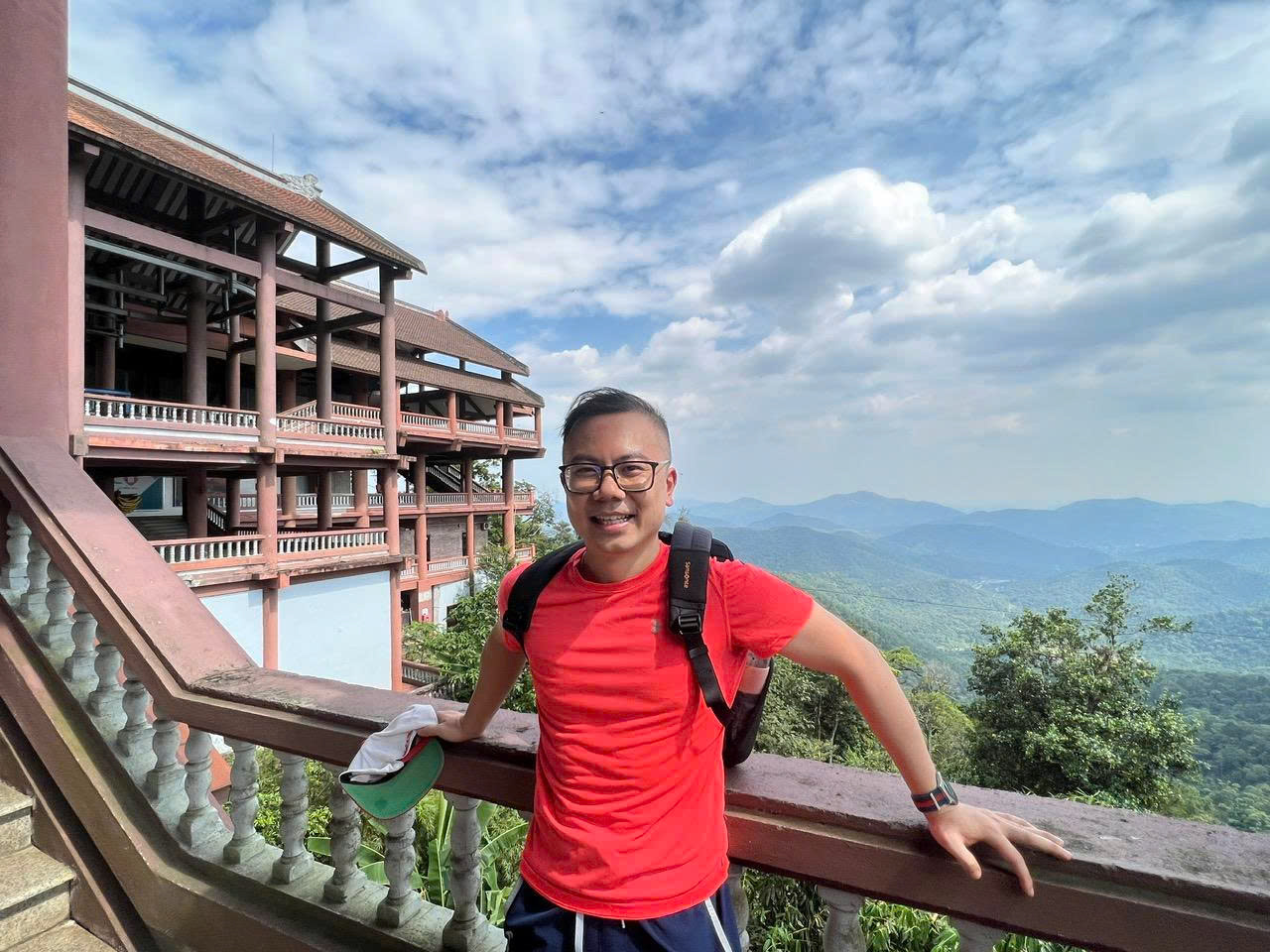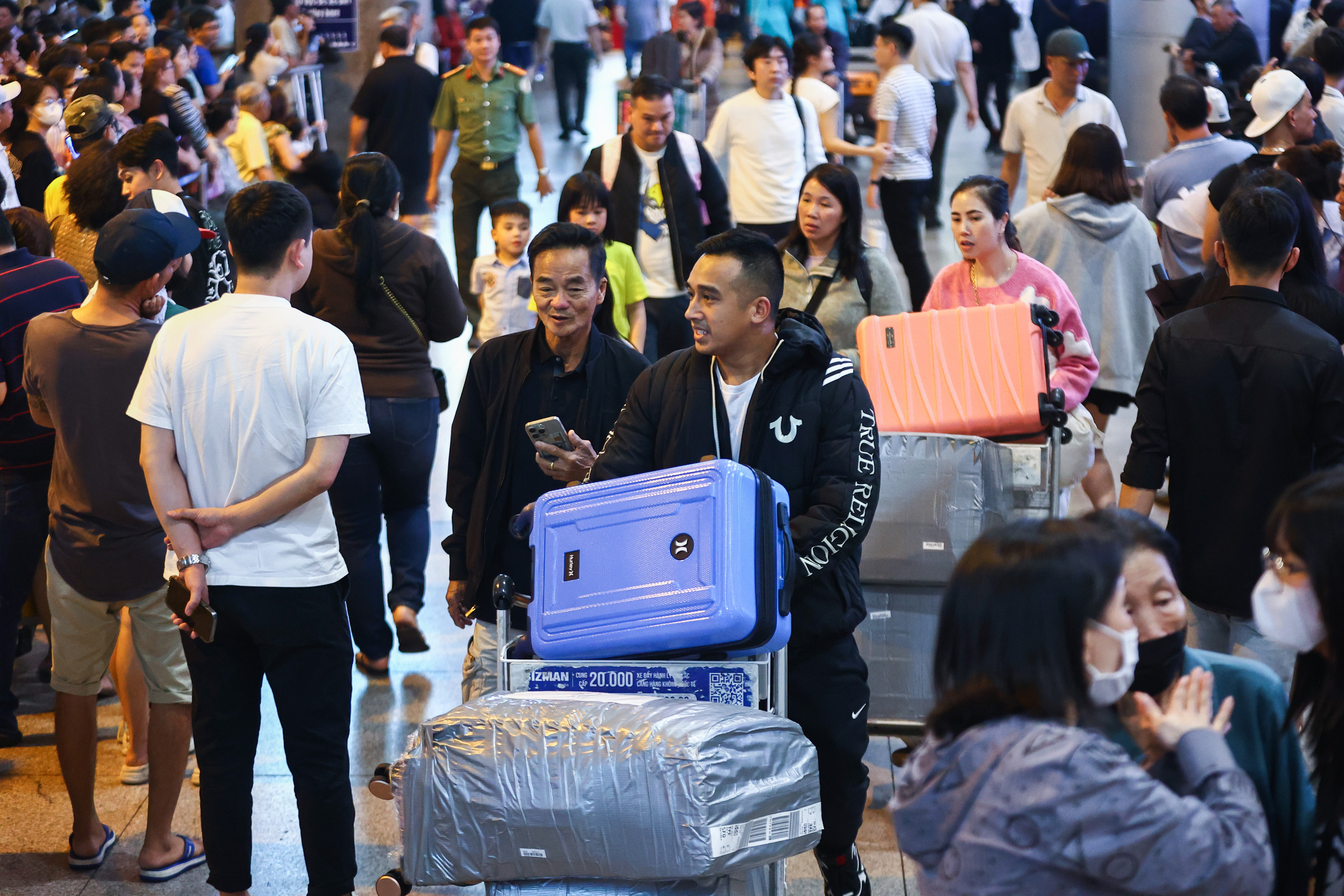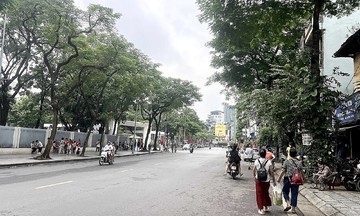Huong, a former nurse, raised her two daughters alone after her husband's early passing. After a decade of retirement, her daughters settled abroad and invited her to join them.
In 2019, she moved to California, believing her English skills and open personality would ease her transition. However, she quickly felt a sense of loss. Her family was busy with work and the Vietnamese community, though large, was dispersed.
To combat boredom, she took bus trips to a nearby supermarket. An unpleasant encounter with a cashier left her feeling alienated and reluctant to venture out.
One day, a woman mistook her for homeless and gave her $10. This incident prompted her return to Vietnam.
Her second daughter then invited her to Australia. Yet, the unfamiliar environment and fast-paced lifestyle left her feeling isolated. Her only task was tending a small garden. "I was so lonely that I picked up each leaf by hand, afraid that once they were gone, I'd have nothing to do," she recalled.
After 3 months, Huong returned to Vietnam in 2023. She renovated her house, renting out half as a pho restaurant.
Now, she finds solace in the daily bustle of the restaurant. While she keeps medication and her phone readily available for emergencies, she declares, "This is what truly feels like living."
 |
Nguyen Thanh Binh during a trip to Vietnam in 2024. Photo: *Courtesy of the subject* |
A similar yearning for familiarity led 30-year-old Minh Tam to return after 8 years in Canada, a move her friends and family deemed "crazy."
With a bachelor's degree and a stable job, Tam's integration was smooth, yet she felt a persistent sense of not belonging. Her life revolved around research work at a university and a part-time job at a mall, sometimes working 7 days a week. Her meals consisted of roast chicken, vegetables, and bread, a routine she found monotonous.
Her desire to return stemmed from two moments. Last year, while visiting home, landing at Noi Bai Airport evoked an unexpected wave of homesickness. "It was only when I set foot on my homeland that the longing resurfaced," she said. The second moment came in a dream where her parents pleaded with her to stay. Waking up, she looked out the window at the flamboyant tree and realized she belonged there.
Huong and Tam are return migrants, individuals who, after settling abroad, choose to come back. The International Organization for Migration (IOM)'s Migration Profile Vietnam reports around 500,000 Vietnamese returning annually, with approximately 25,000 being return migrants.
A United Nations Department of Economic and Social Affairs (UN DESA) report indicates that many second-generation Vietnamese, particularly in the US where 60% of Vietnamese Americans are immigrants, feel a disconnect from the host society. This often leads to their return.
However, Associate Professor Catherine Earl, a social anthropologist at RMIT University (Australia), suggests multiple factors contribute to this reverse migration. Her research shows that migration in the 21st century is no longer a one-way journey. Globalization allows individuals to move between multiple locations for various reasons.
Despite this, many struggle to fully integrate into their new countries, experiencing culture shock, language barriers, and differences in lifestyle. Unmet expectations or changing life goals can also lead to repatriation. This trend highlights policy gaps in education, employment, and cultural integration.
If unaddressed, these gaps could lead to wasted human resources, generational disconnects, and hindered global integration for Vietnam.
"Conversely, with appropriate policies, return migrants can significantly contribute to national development," Earl told VnExpress.
 |
Relatives welcome overseas Vietnamese back home for Tet at Tan Son Nhat International Airport, Ho Chi Minh City, 1/2025. Photo: *Quynh Tran* |
Nguyen Thanh Binh returned to Vietnam after 20 years in Regensburg, Bavaria, Germany. Having emigrated at 10, he became fluent in German and integrated into Western life. Despite facing racism and bullying in East Germany, he enjoyed a stable job and a good environment.
However, he felt a lack of deep connection, a sentiment he associated with close-knit Asian relationships. "I started questioning where I truly belonged," he said.
In 2023, after the death of a close German friend who urged him to "live your dreams," he returned to Vietnam. This surprised his family and friends, as he was about to complete his doctoral studies and had a teaching position at a prestigious German university.
He assured them he would try living in Vietnam for two years. "At worst, I'd gain experience living and working in my homeland, something I always longed for," he said. Now back, he knows he's not leaving again.
Ngoc Ngan












